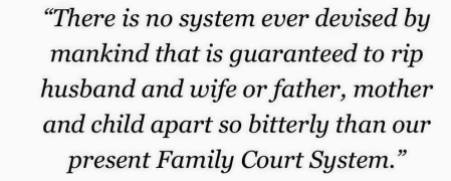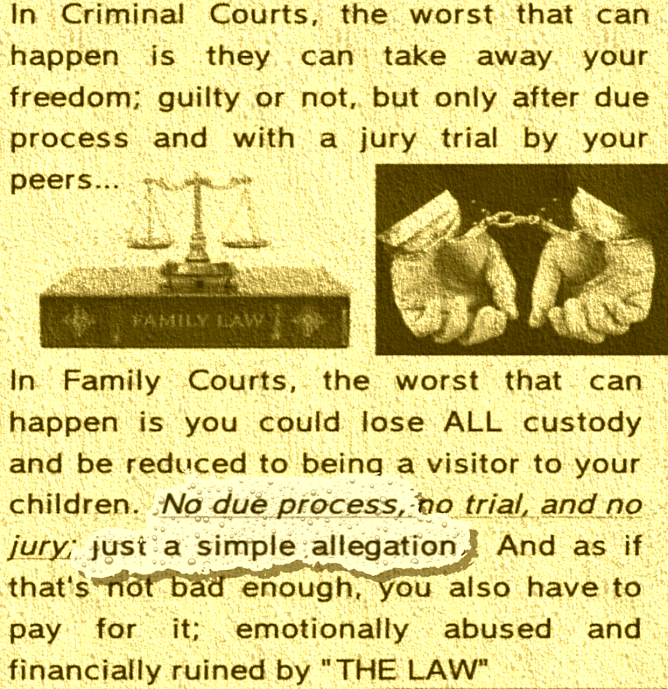SupportGuidelines.com | Article:

I. Social Security Benefits in General
Title II of the Social Security Act provides a federal grant of old-age and disability insurance benefits. 42 U.S.C. § 402. Upon satisfying the necessary age requirements, a fully insured Social Security retiree and a spouse or ex-spouse who was married to the retiree for at least 10 years are entitled to Social Security retirement benefits. Further, both fully insured workers who become disabled and their dependents are entitled to Social Security benefits.
Social Security benefits are not a vested right. Congress retains the right to alter, amend, or repeal any provisions of the Social Security Act.42 U.S.C. § 1304. Indeed, in Fleming v. Nestor, 363 U.S. 603, 80 S. Ct. 1367 (1960), the Court refused to analogize Social Security benefits to an accrued property right in the form of an annuity. The Court stated:
Each worker’s benefits, though following from the contributions he made to the national economy while actively employed, are not dependent on the degree to which he was called upon to support the system by taxation. It is apparent that the non-contractual interest of an employee covered by the act cannot be soundly analogized to that of the holder of an annuity, whose right to benefits is bottomed on his contractual premium payments.
Feming v. Nestor, 363 U.S. 603, 80 S. Ct. 1367, 1371-72 (1960).Accord In re Marriage of Nizenkoff, 65 Cal. App. 3d 136, 135 Cal. Rptr. 189 (1976) (Congress’s retention of Section 1304 f the Social Security Act reaffirms the view that Social Security benefits are not property); see also Richardson v. Belcher, 404 U.S. 78, 92 S. Ct. 254 (1971) (the expectation of public benefits under the Social Security Act does not confer a contractual right to receive the expected amounts).
Thus, Social Security benefits may not be treated as a property interest because Congress has retained the power to alter, amend, or repeal the benefits. The fact that Social Security benefits are not a vested right plays an important part in the courts’ determination that Social Security benefits are not subject to division on divorce.
Social Security benefits are also not transferable or assignable, and they are not subject to execution, levy, attachment, garnishment, or other legal process. 42 U.S.C. § 407(a). This section applies to benefits received as well as future benefits. Philpott v. Essex County Welfare Board, 409 U.S. 413, 93 S. Ct. 590 (1973). The anti-assignment provision, however, does not apply to legal process brought for the enforcement of an individual’s legal obligation to provide child support and spousal support. 42 U.S.C. § 659(a); see, e.g., Mariche v. Mariche, 243 Kan. 547, 758 P.2d 745 (1988). Thus, by the clear terms of the federal statute, Social Security benefits are to be considered funds available for the support of children.
II. Social Security Benefits Received by a Parent
For purposes of child support, Social Security benefits received by a parent constitute income. E.g., In re Marriage of Simon, 856 P.2d 47 (Colo. Ct. App. 1993) (Social Security disability is income);Forbes v. Forbes, 610 N.E.2d 885 (Ind. Ct. App. 1993) (Social Security disability benefits are income); In re Marriage of Lee, 486 N.W.2d 302 (Iowa 1991); In re Marriage of Benson, 495 N.W.2d 777 (Iowa Ct. App. 1992); In re Marriage of Callaghan, 19 Kan. App. 2d 335, 869 P.2d 240 (1994); In re Marriage of Durbin, 251 Mont. 51, 823 P.2d 243 (1991); In re Marriage of Stringham, 124 Or. App. 626, 863 P.2d 504 (1993); Whitaker v. Colbert, 18 Va. App. 202, 442 S.E.2d 429 (1994). Indeed, 42 U.S.C. § 659(a), providing an exception to the anti-alienation provision of 42 U.S.C. § 407 for support, may be read as expressly authorizing state courts to consider Social Security benefits as income for purposes of spousal support and child support.
This slideshow requires JavaScript.
Continue reading →























































 The tyrannical nature of Family Courts and their impact on fathers and children
The tyrannical nature of Family Courts and their impact on fathers and children




